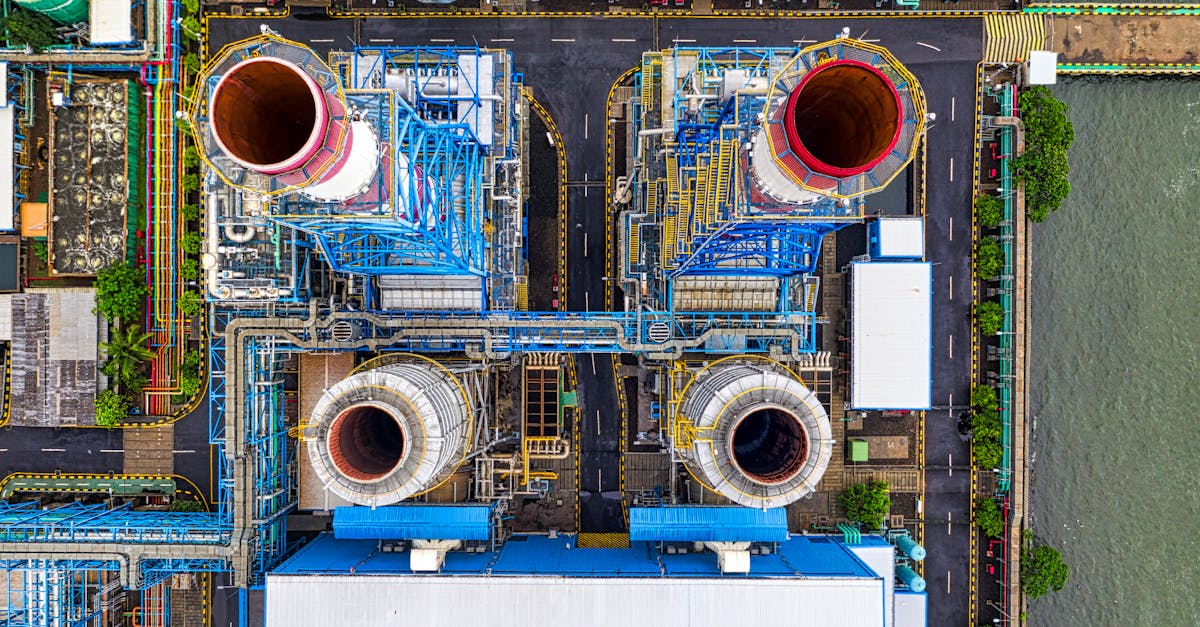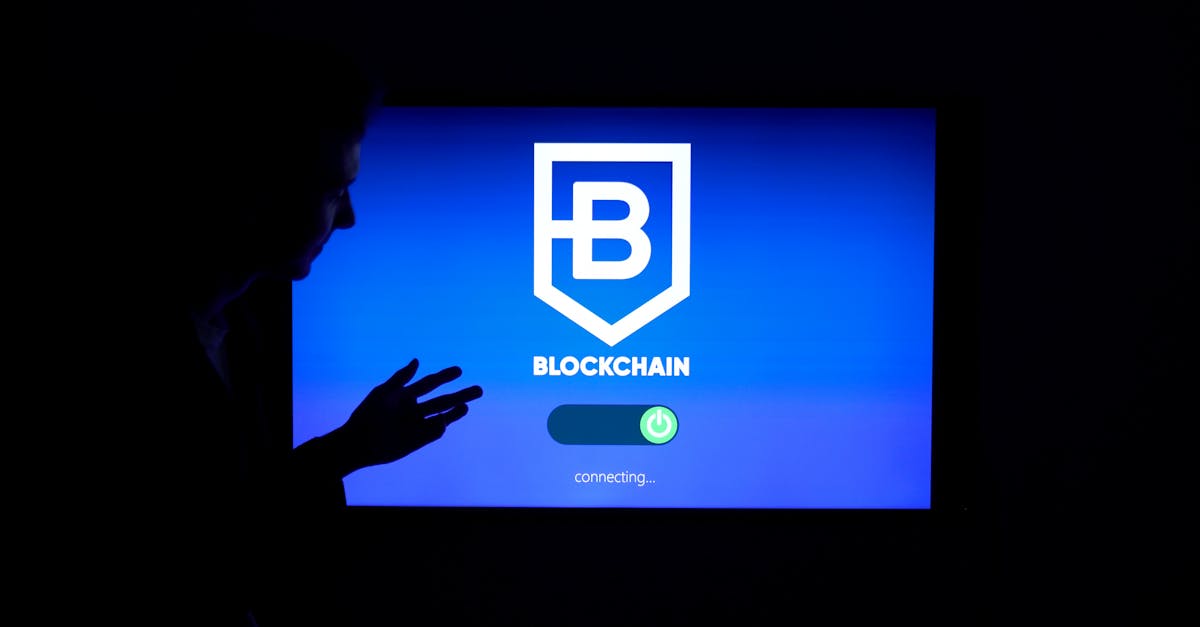Blockchain Beyond Finance Tracking Supply Chains Securely
Introduction
Blockchain, originally conceived as the backbone of cryptocurrency, is increasingly finding new applications beyond finance. At its core, blockchain is a decentralized and transparent digital ledger, ensuring that data is securely recorded and immutable. Industries worldwide are now recognizing the benefits of this technology in optimizing and securing their supply chains. As businesses strive for greater transparency, efficiency, and trust from production to distribution, blockchain presents a compelling solution. This article delves into how blockchain is reshaping supply chains, improving traceability and accountability. We explore its potential, challenges, and some real-world instances of its application.
Advertisement
The Challenge of Complex Supply Chains
Modern supply chains are intricate webs of multiple stakeholders, often stretching across countries and continents. Managing such complexity poses numerous challenges, including potential delays, fraud, and lack of transparency. Traditional systems struggle to track the life cycle of products efficiently, leading to inefficiencies and potential malpractices. Consumers and regulators are increasingly demanding transparent processes, creating pressure on companies to innovate. By embedding blockchain technology into supply chains, firms are addressing some of these persistent issues and achieving higher levels of efficiency and accountability.
Advertisement
Blockchain Basics for Supply Chains
At its essence, blockchain is a series of immutable records of data, known as blocks, connected using cryptography, forming a chain. This distributed ledger system allows every participant in the supply chain to record every transaction, from initial production stages to the end consumer, ensuring complete traceability. Unlike central databases, blockchain’s decentralized nature means there is no single point of failure or vulnerability, enhancing its stability and security. Each participant has access to the same current version of the information, which eliminates disputes over data discrepancies.
Advertisement
Enhanced Transparency and Traceability
One of blockchain's significant advantages in supply chains is its ability to provide unmatched transparency. Every participant can view the history of a product in real-time, including its origin, handling, and transit points. This not only improves traceability but is also vital in preventing counterfeit goods from entering the market. Transparency is particularly crucial in industries like pharmaceuticals, agriculture, and luxury goods, where authenticity and quality assurance are paramount. Providing clear oversight alleviates consumer concerns and builds brand trust.
Advertisement
Boosting Efficiency and Reducing Costs
Supply chains traditionally involve substantial paperwork, resulting in slower processes and higher costs. Blockchain enables the digitalization of these procedures, reducing paperwork and associated manual errors. Smart contracts, self-executing with code handling the enforcement, are a blockchain feature streamlining transactions and agreements automatically when conditions are met. This automation reduces bottlenecks and enhances productivity while reducing costs. Overall, blockchain's adoption can lead to significant savings in time and resources.
Advertisement
Combating Fraud and Ensuring Security
Security breaches and fraud are continual concerns in traditional supply chain systems. The blockchain’s immutable nature makes it nearly impossible to alter data undetected, preventing fraudulent tampering with records. Every change in the blockchain is visible to all participants, creating intrinsic trust in the system. Moreover, blockchain technologies employ robust encryption methods, protecting the data from unauthorized access. This enhanced security and integrity foster trust among consumers, business partners, and regulators alike.
Advertisement
Real-World Applications
Several industries are already harnessing blockchain technology to revolutionize their supply chains. For instance, IBM’s Food Trust network uses blockchain to enhance food safety by tracing the lifecycle of agricultural products, reducing outbreak response times. Walmart is another example, employing blockchain to monitor their products for safety and quality concerns. In the diamond industry, De Beers utilizes blockchain to authenticate the origin of each gemstone, ensuring conflict-free sourcing. These examples highlight blockchain’s diverse applicability in ensuring ethical and efficient supply chains.
Advertisement
Addressing Implementation Challenges
Despite its benefits, implementing blockchain in supply chains is not without challenges. Integration with existing systems can be complex and requires substantial investment in technology and expertise. Furthermore, establishing global standards for blockchain adoption in supply chains is crucial for widespread adoption. Data privacy concerns also need addressing, as does ensuring interoperability between different blockchain ecosystems. Overcoming these challenges requires collaboration among industry participants, technological innovators, and policymakers.
Advertisement
The Future of Blockchain in Supply Chains
As technology advances, blockchain’s role in supply chains is poised to grow even further. The integration of Internet of Things (IoT) devices could automate data entry, enhancing real-time analysis and decision-making. Blockchain’s potential to support sustainable and transparent product sourcing will likely contribute to ethical trading practices. Additionally, developments such as scalable solutions and better consensus mechanisms will make blockchain more accessible and efficient for broad applications in supply chains.
Advertisement
Conclusion
Blockchain technology stands as a transformative force for supply chains, promising transparency, security, and efficiency. By mitigating traditional supply chain challenges, businesses can improve both consumer trust and operational efficiency. Although challenges exist in its implementation, the benefits present a compelling case for its broader adoption. As industries continue to innovate and adapt, blockchain’s influence beyond finance is only expected to expand, heralding a new era of accountability and transparency in global trade. The future of supply chains is increasingly digital, interconnected, and secure.
Advertisement


